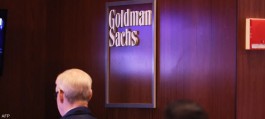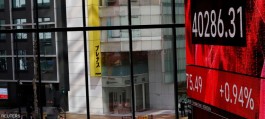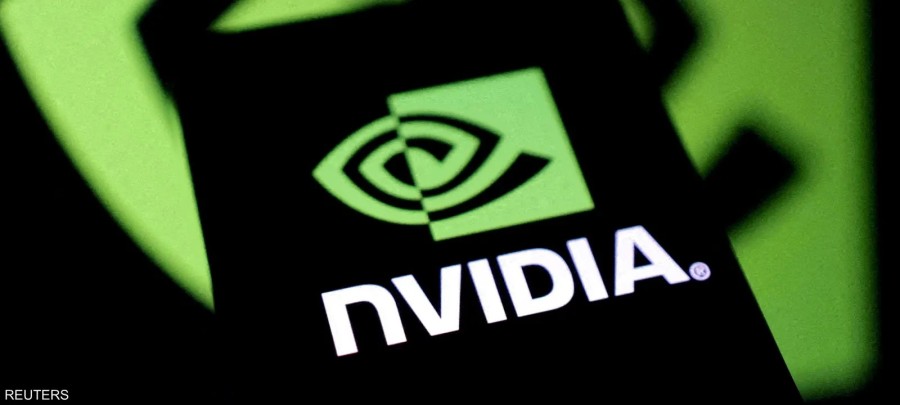US President Donald Trump told CBS's 60 Minutes that Nvidia would not be allowed to sell its most advanced artificial intelligence chips to China, but the company would be allowed to do business with Beijing.
In an interview broadcast Sunday evening, Trump said he would not allow any entity outside the United States to obtain Nvidia's most advanced chips - the Blackwell series.
We will allow them (China) to deal with Nvidia, but not with regard to the most advanced technology. The most advanced technology, we will not allow anyone other than the United States to have it, Trump told Nora O'Donnell of CBS.
Trump praised a recent trade agreement with China, asserting that he has a great relationship with the country and that it is better to get along with China than not to get along with it.
Trump's remarks come after Washington and Beijing agreed on a one-year trade deal under which China will ease restrictions on rare earth exports and buy more U.S. agricultural products, in exchange for lower U.S. tariffs on the country.
The interview, which aired Sunday evening and was recorded Friday, was Trump's first appearance on CBS's 60 Minutes in five years.
Trump also returned to the program after winning a $16 million settlement with CBS owner Paramount over an episode of 60 Minutes last year, which he claimed misleadingly edited an interview with his then-political rival Kamala Harris.
In his latest appearance, Trump addressed a range of key topics, including the ceasefire in Israel, the Russian-Ukrainian war, and the ongoing U.S. economic shutdown.
Trump also defended his trade tariffs, noting that the government was seeing enormous amounts of revenue from these measures, and that any ruling against his tariffs would have a negative impact on the American economy.
I think our country will be hurt immeasurably. I think our economy will go to hell, Trump said, in response to a question about what would happen if the Supreme Court overturned his tariffs.
The Supreme Court will hear arguments this week regarding several legal challenges to Trump's tariffs.







































